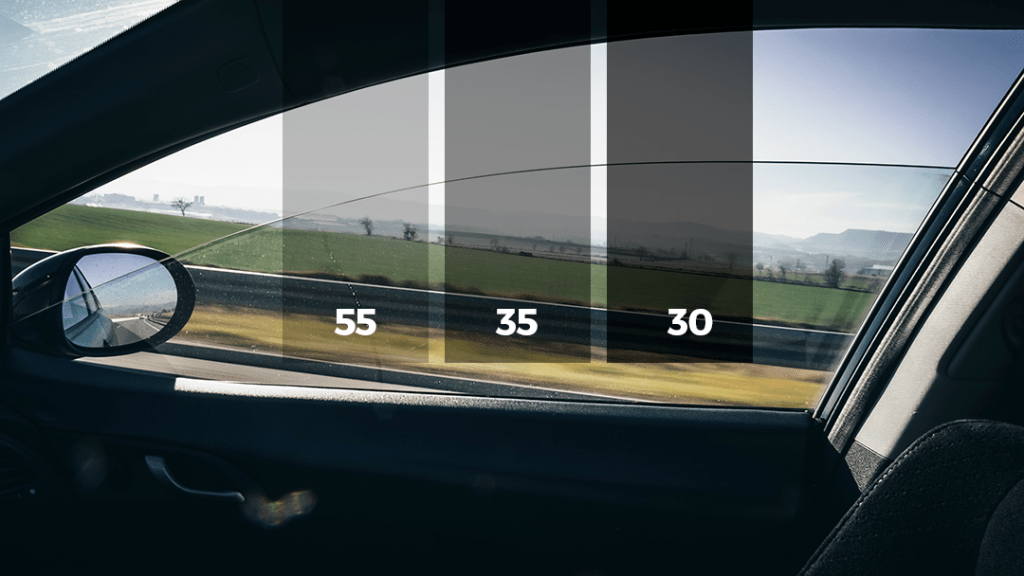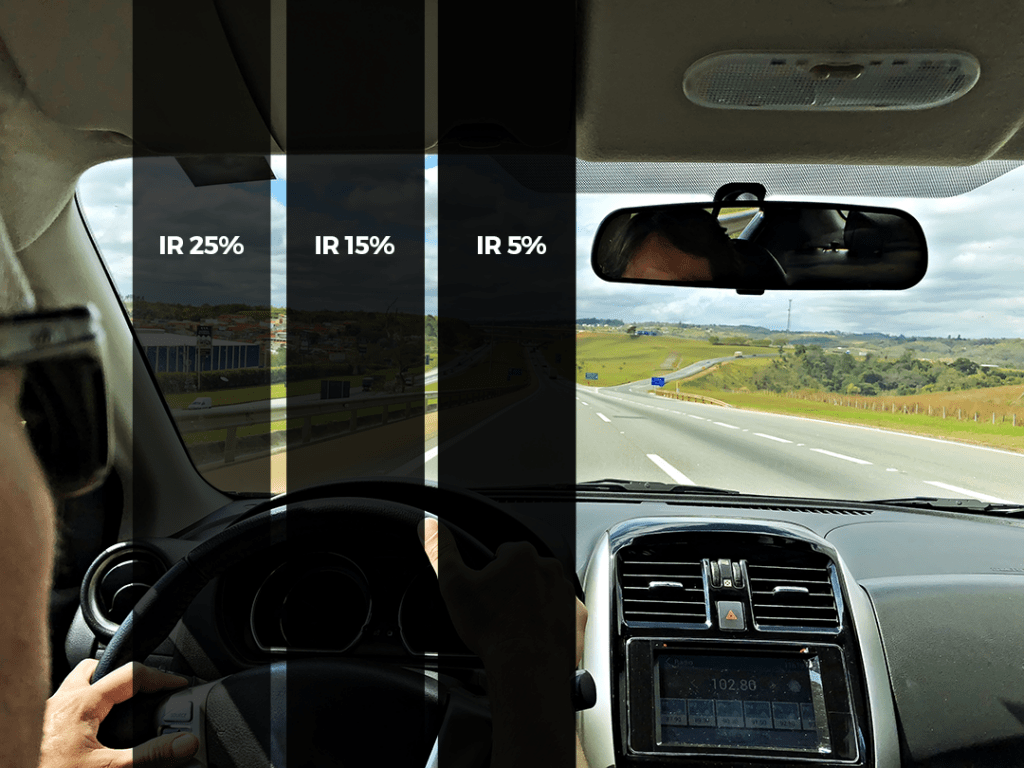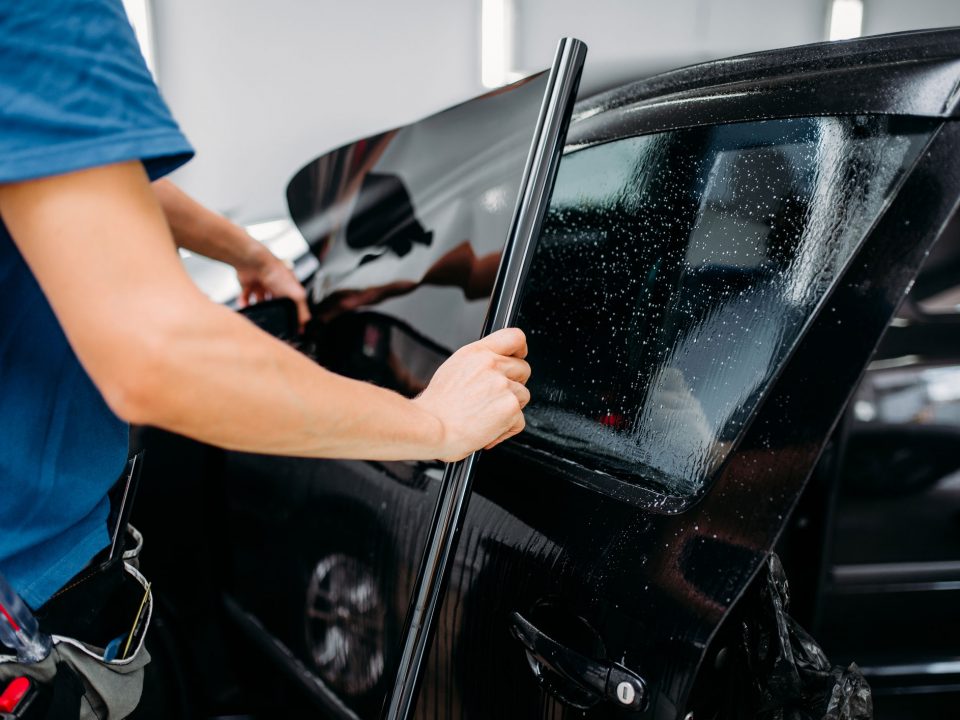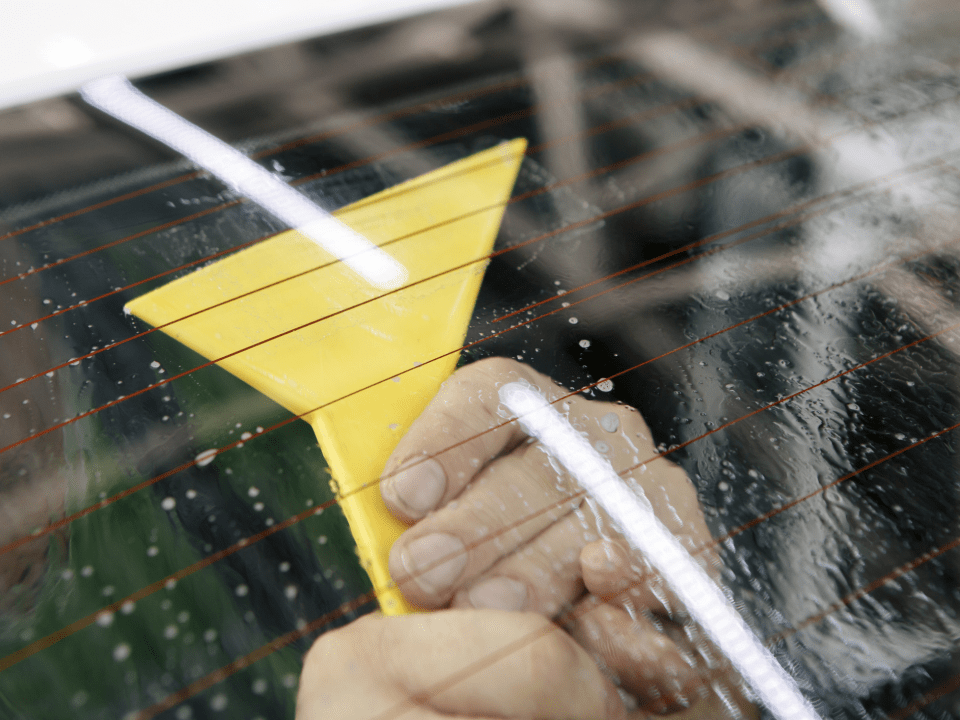- Call us and get the best window tinting service
- (857) 247-0213
How To Pick The Perfect Window Tint Percentage For Your Car

35% window tint vs 20%: Which one is better?
June 20, 2022
The Essential Guide To Cleaning 3M Window Film
July 14, 2022Here’s what you should keep in mind, like how window tint shades affect your driving and what they have to offer
Have you ever thought about the amount of time people spend inside cars? Whether we like it or not, just getting around accounts for a substantial part of the day. According to research by the AAA Foundation, Americans drive over 220 thousand miles per week.
If that’s you, investing in accessories to provide more comfort and safety for yourself and your passengers is fundamental. You can make low investments in things like lumbar supports or window tints.
But choosing the most cost-effective window tint requires quite a bit of research!
We’ve already written about different types of window tints, how to pick the right one, and the eight main benefits of Car Window Tinting. But in this article, we’ll dive into how to make the right choice as far as window tint percentage.
What does ‘Window Tint Percentage’ mean?
The percentage is the transparency level of window tint film. Lower percentages mean less transparency, which directly affects the amount of light that gets into a car through the windows.
Most major window tint brands use a standard percentage, ranging from 50%, 35%, 20%, and 5%.
Window Tint Percentage and Visible Light Transmission
As we mentioned briefly in the previous topic, window tint percentage is directly related to the amount of visible light that gets into your car.
Low percentages can hinder driver visibility, especially at night.
The Massachusetts Department of Transportation has laws to determine what percentages are allowed to keep drivers and pedestrians safe.
Don’t worry! We’ll cover that later on once you know more about the pros and cons of the percentages most drivers want.
Window Tint Percentages: Pros and Cons
Besides altering your car’s aesthetic, Window Tint Percentages have a few more benefits. Some are: reducing the discomfort of reflection, helping you save on fuel (thanks to temperature control), and more privacy for the inside of your car.
With that in mind, what window tint shade percentage is ideal for your car?
Here’s what you should remember when checking out shades. Keep reading to find out!
50% and 35% Window Tint

Automotive window tints that range from 35% to 50% are effective against UV rays and great for temperature control. They’ll block up to half the light, reducing discomfort caused by reflection.
If you’d like to get window tints without giving up style, films with 35% might be what you want. They’ll give you the best of both worlds: a darker aesthetic without compromising visibility.
20% and Below

If you want to strike a balance between aesthetics, comfort, and privacy, you can opt for shades with 20% transparency or less.
As they’re darker, these films prevent anyone from peeking into your car, no matter how near they are.
The minimum for window tints is 5%, although they’re very dark and not allowed in most states. But you might see them around sometimes in cars like limousines.
Read more: 35% window tint vs 20%: Which one is better?

How To Pick The Perfect Window Tint Percentage For Your Car: 5 tips to help you get it right
1. Consider what made you want to get window tints
I’m sure you had a reason to start looking up window tints. Keep that in mind when making a choice!
If you want to block UV rays, for example, films with at least 50% or more are ideal. If privacy is your main concern, choose from darker window tint percentages.
Whether it’s style, privacy, visual or thermal comfort, you’ll find great options on the market. Just be thorough in your research!
2. Are you going for a particular aesthetic?
If aesthetic is a big one for you, darker films are known for their elegance and style. These might be the most suitable option.
3. Are privacy and safety your main concern?
If you want to stop prying eyes from seeing into your car, we recommend window tints with lower percentages.
4. Are you willing to give up protection against UV and IR rays?
While some lighter 3M films offer protection against UV rays, most must have at least 50% to do this.
Read more: What’s the difference between regular and ceramic window tint?
5. Make sure you check the State Law in Massachusetts
No one should have to go through the trouble of investing in window tints and getting fined for using film that’s not allowed.
The Car Tinting Laws Source establishes the percentages of visible light your windows should let in, with specific criteria for SUVs, vans, and sedans.
You can learn about them and other important information in this article: Rules of Window Tint Regulations in Massachussets.
Still got questions? Reach out to our experts as Pelicar!
Still not sure how to pick the best window tint percentage? Reach out to one of our experts at Pelicar. Just click here and drop us a line!
Read more: Window Tinting Near Me: How to find the Best Window Tinters





1 Comment
Keep up the great work! Thank you so much for sharing a great posts.